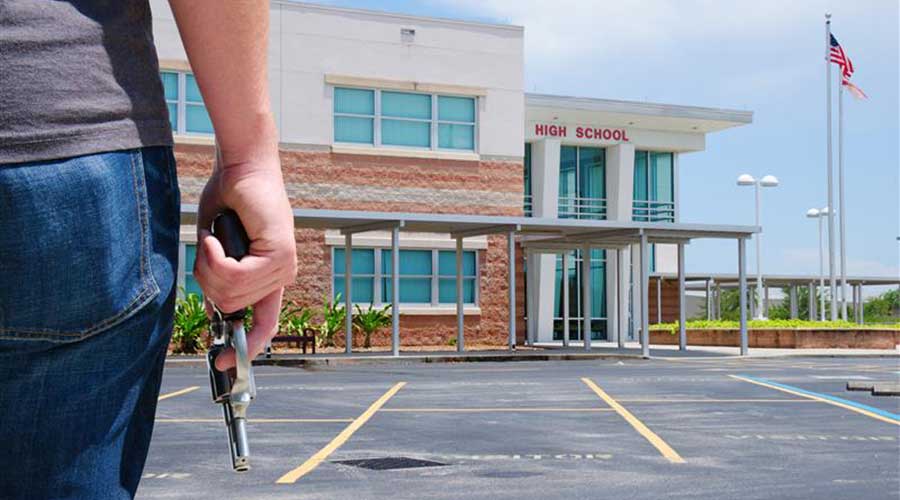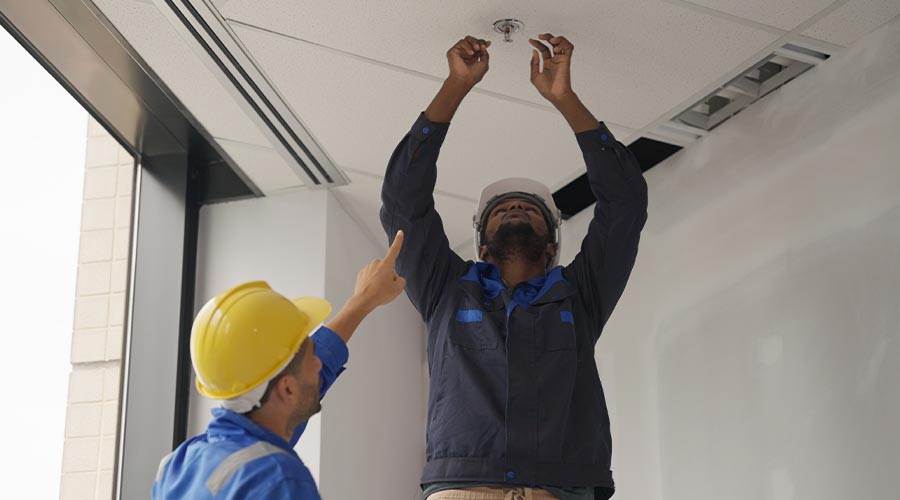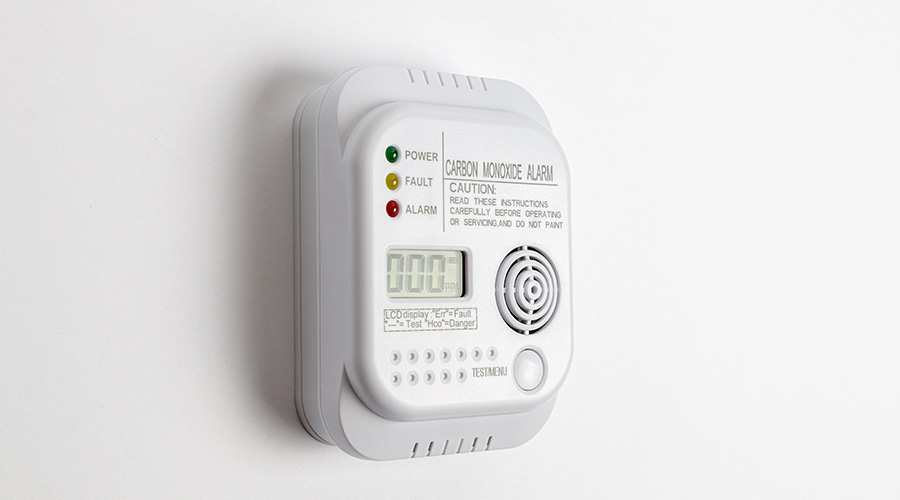Fire Alarm Doesn't Guarantee Building Occupants Will Evacuate
 |
Do Not Assume That People Will Evacuate Just Because a Fire Alarm Sounds |
Typically, when a fire alarm system is activated in a public building, the response to the alarm is slow, if the alarm is not ignored entirely. Why? Sometimes occupants fail to recognize the signal or are unaware of the proper response; sometimes they just don't hear the signal. Nuisance alarms also decrease system credibility.
One of the foremost roles of a building's fire alarm system is to initiate evacuation and ensure that sufficient time is available for the occupants to get out of a building before conditions become untenable. There are several steps that can be taken to increase the likelihood that occupants will respond immediately to a fire alarm signal.
First, when selecting a fire alarm/emergency communication system for a building, consider a system that notifies occupants through voice communications. To ensure a successful evacuation in an emergency, people need information. They want to know what the problem is, what they need to do and how they need to do it. As opposed to generating a standard evacuation signal, voice alarm systems have speakers that provide voice messages. Because voice systems can clearly state the problem and give specific instructions on how to evacuate, people are more likely to respond. These systems can also instruct occupants to relocate to areas of refuge when complete building evacuation is not feasible.
Second, when a fire alarm system is installed in a building, it is imperative that everyone in the building can hear the evacuation signal. And if the system transmits a voice message, occupants must understand the message. Audibility does not guarantee intelligibility. In other words, just because an occupant can hear that a voice is speaking, it doesn't mean the occupants can understand what the voice is saying. It is imperative that fire alarm system speakers be designed and distributed so that people can understand the voice messages.
Third, to increase system credibility and avoid unwanted alarms, it is important that the best type of fire detection is installed and is placed properly. When properly selected and placed, fire detectors can provide early warning that a fire emergency has occurred in a building. The proper selection and placement of automatic fire detection equipment is dependent on the expected fire signatures (heat, smoke or radiant heat); ambient and environmental conditions; and ability to adequately maintain the individual fire detectors.
Finally, it is important that every building's emergency plan has provisions for emergency evacuations and exit drills. This will give the building occupants the opportunity to become familiar with the building's fire alarm notification signal and better understand the building's evacuation plan.
Related Topics:















